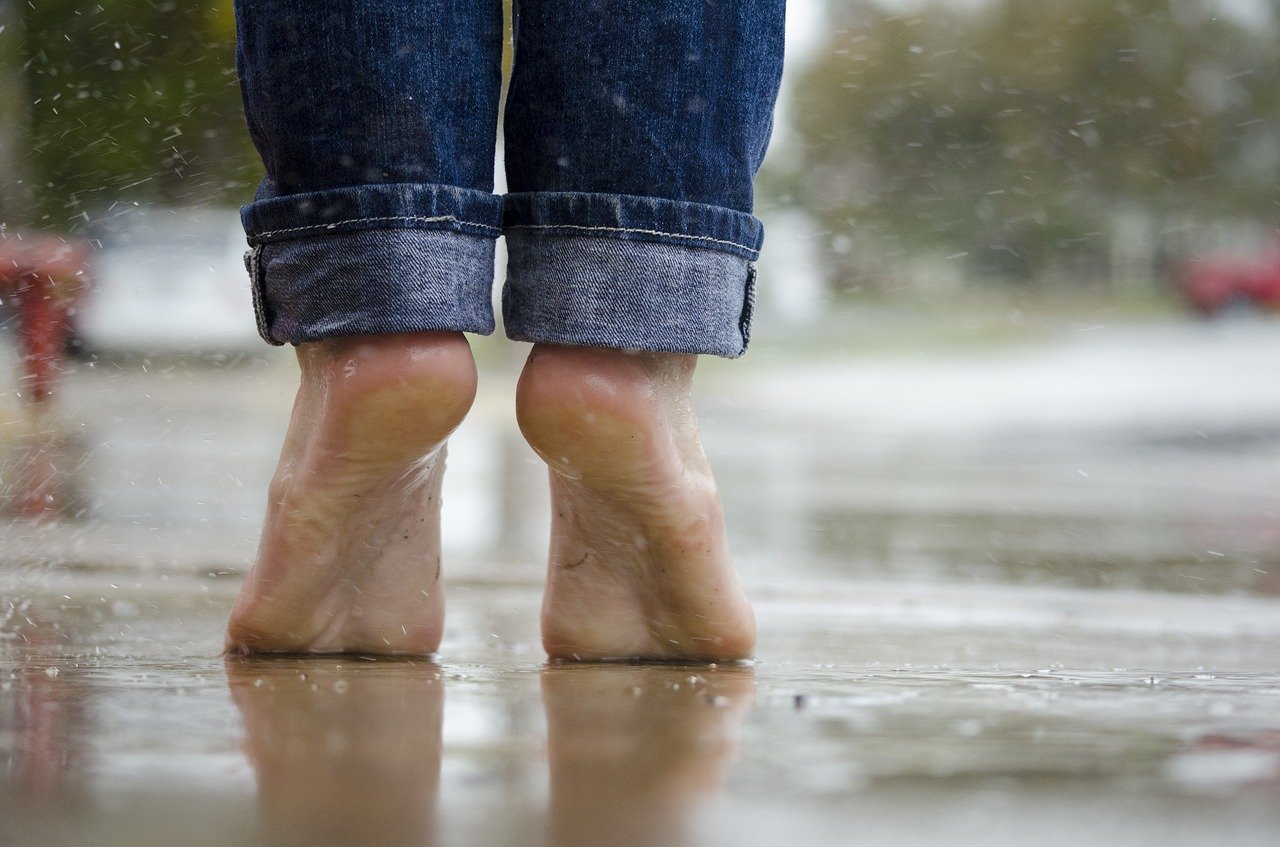I’ts be a discussion amongst women of our age on a FaceBook group I belong to.
I know I can sometimes find that my feet hurt as I wake up my first few steps are painful. It could be plantar fasciitis.
Your foot has thick, fibrous band of tissue (”fascia”) reaching from your heel to your toes. These tissues support the muscles and arch of the foot. When they are overly stretched, tiny tears can occur in their surface. This can cause pain and inflammation.
- Things that can help include turmeric supplements and ibuprofen.
- It can also help to always wear shoes around the house.
- For exercise it could help by tracing the alphabet with our foot as it helps to stretch the bones and tendons in out feet.
- It can also help to rub our feet over a frozen bottle 3 times a day.
- I’m rolling my foot over a tennis ball, and that seems to be helpful.
- So that’s the advice from my group, but I also wanted to check what advice is given from the NHS and other reputable sites.
Such as:
Stretch your calves
- Stand an arm’s length from a wall.
- Place your right foot behind your left.
- Slowly and gently bend your left leg forward.
- Keep your right knee straight and your right heel on the ground.
- Hold the stretch for 15 to 30 seconds and release. …
- Reverse the position of your legs and repeat.
Medication
- Painkillers such as paracetamol and ibuprofen may help, and you should use them if you need to. Its important that you take them regularly and at the recommended dose to help you control the pain and allow you to continue exercising. Dont wait until your pain is severe before taking painkillers. You can also rub anti-inflammatory cream directly onto the painful area.
- You shouldn’t take ibuprofen or aspirin if you are pregnant or have asthma, indigestion or an ulcer until you have spoken to your doctor or pharmacist. Medication can have side-effects, so you should read the label carefully and check with your pharmacist if you have any queries.
- Your doctor or specialist physiotherapist can give you a steroid injection to reduce swelling, but its recommended that you try other treatments first.
Exercise
- Exercise can help ease your symptoms and keep you to a healthy weight, which will help ease the pressure on painful feet. Swimming and other non-weight-bearing exercises are best if painful feet make it difficult to exercise.
